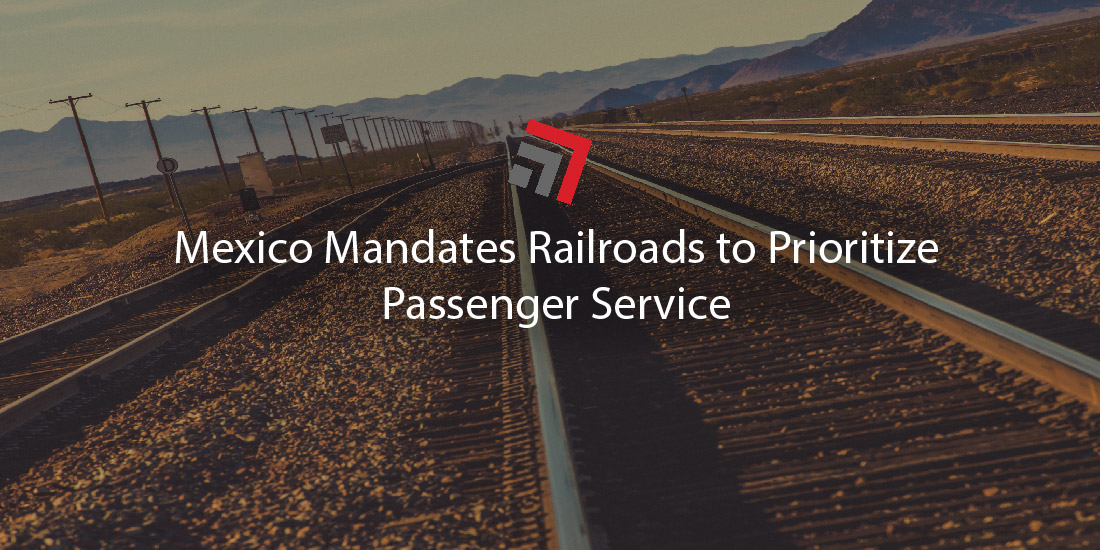Last week, Mexico’s government laid down the hammer—a federal mandate which will force private railways operating in the country to prioritize passenger train services over their regular, preferred, freight ones.
Published in the government’s official gazette on November 20, the order calls on the country’s two main private railroads Canadian Pacific Kansas City (CPKC) and Ferromex to provide detailed plans for offering passenger service by January 15.
Should the railways fail to comply themselves, a sort of martial law will go into effect for the country’s rail network. Mexico’s government will put its military in charge of lines designated for passenger services.
This extensive reach of power is not out of bounds in Mexico. The federal government owns the country’s freight rail system as opposed to a privatized operation, like in the U.S.
Mexico grants CPKC and Ferromex to operate the system under concessions.
Mexico President Andres Manuel Lopez Obrador reasoned the decision during a news conference following the announced mandate: “Train travel will be more economical, comfortable, and less polluting, since the tracks can be electrified…It is safer public transportation and the mobility of the population from the main cities of Mexico to the northern border will increase.”
Specifically, the federal mandate orders some 10,000 rail lines which primarily run freight to establish four short intercity passenger routes, as well as three long passenger routes from central Mexico to Mexican cities along or near the country’s border with the U.S.
The longer services include passenger transit from the country’s large capitol of Mexico City to the border cities of Nuevo Laredo and Nogales, along with an offering from Aguascalientes, a city in central Mexico, to Ciudad Jaurez, a border city.
CPKC responds to mandate
In response to the mandate, Canada-based CPKC issued a statement: “As required by our concession, CPKC de Mexico will work closely with the Mexican federal government to evaluate passenger service on that corridor.”
CPKC went on to note that it does not expect an “adverse impact” to freight rail service. The railway touts that it has “extensive experience hosting passenger rail services in multiple locations across its network in U.S. and Canada” while maintaining efficient freight movement.
Meanwhile, Ferromex, a Mexico-based Class I railroad, has yet to issue a statement. Earlier this year, the railway announced a partnership with Canadian National and Union Pacific for a transcontinental freight service–a clear move to stay competitive with CPKC’s network.
Final Thoughts
While CPKC’s response suggests the railway is well-positioned to cooperate with the mandate, stakeholders are uncertain on what the exact impact will be on freight operations.
Mexico has always been critical to U.S. trade and sourcing, however its role has boomed exponentially over the last few years. The country is at the forefront of the U.S. nearshoring strategy, rendering U.S. businesses even more concerned about conditions south of the border.
In 2021, around 1.1 million carloads of freight were hauled by railways in Mexico. Top product sectors remain industrial, agricultural, and mineral.
With a lot of businesses invested in Mexico, even the slightest scent of disruptions to freight movement will be a cause of concern.
Please contact us if you have any questions regarding this topic or any others in domestic logistics. In addition, stay up to date with weekly headlines from both trucking and rail via our Road Map newsletter.
More blogs similar to this:



Recent Comments